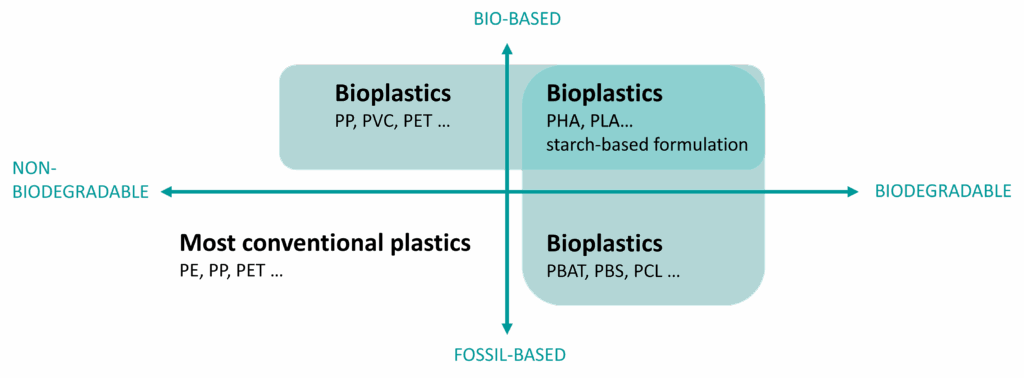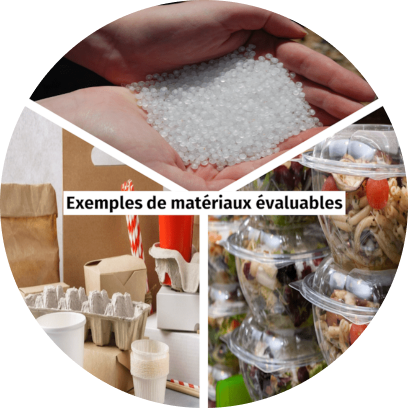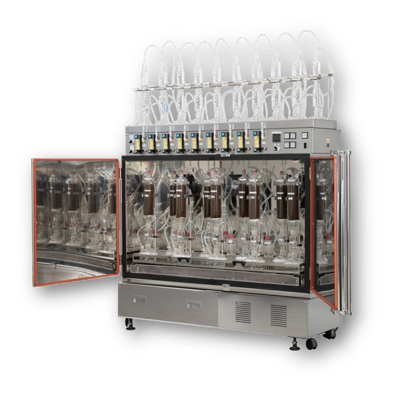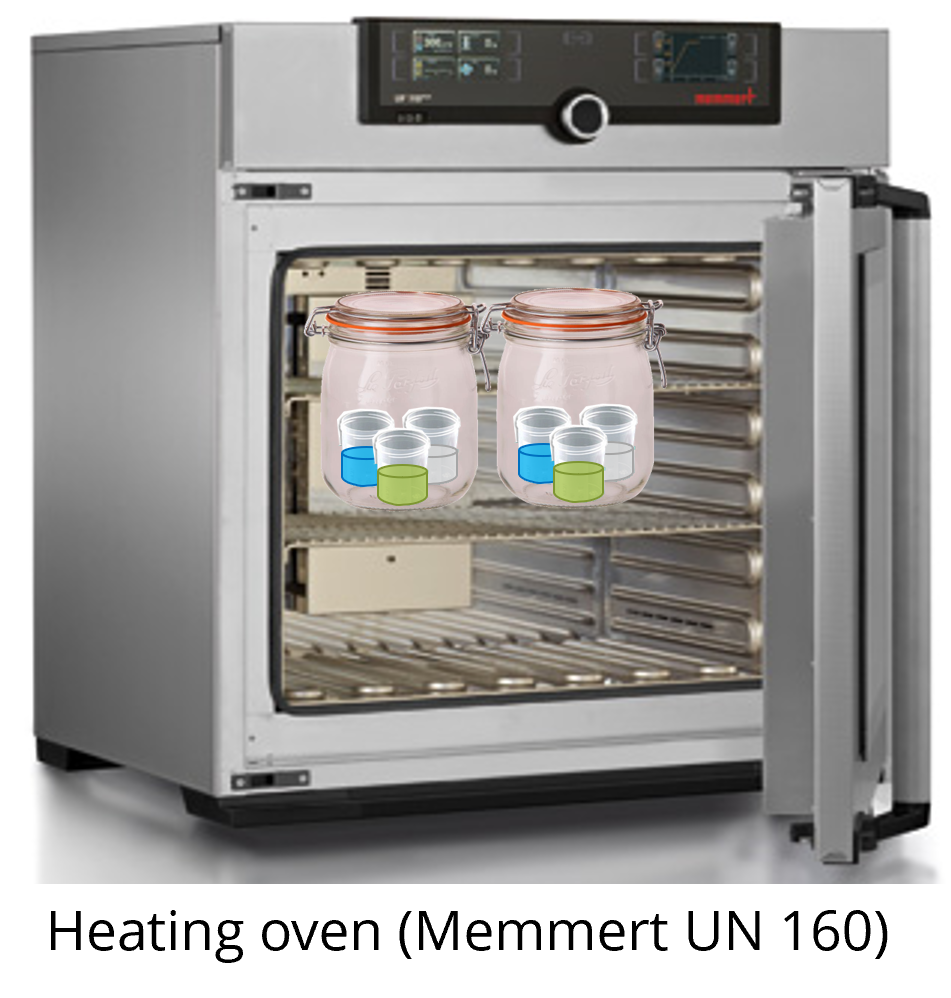choose this expertise?
Looking to:
- Perform a preliminary screening of your substances or products to determine their biodegradability potential?
- Ensure compliance with European regulatory requirements on the biodegradability of polymer and plastic materials?
European regulations — together with increasing societal expectations — set clear standards for the end-of-life management of materials. To help you meet these challenges, UBSIDE supports you in evaluating the biodegradability of your substances and products through customized analytical solutions.
Our customized services
Regulatory Monitoring
Test Specification Development
Screening Analyses
Certified Analyses
Custom methodological developments
Our added value
Regulatory Monitoring
We provide recognized technical expertise bridging regulatory standards, scientific research, and industrial applications:
- Simplified Access to Certifications – Tailored analytical services designed for SMEs and small enterprises
- Validated Methods Adapted to Your Products – Applicable at every stage of product development
- Direct Link with Academic Research – Delivering innovative, reliable, and scientifically sound testing solutions
- Personalized Regulatory Guidance – Helping you anticipate and adapt to evolving standards and requirements
With UBSIDE’s dedicated expertise, streamline your processes: quickly access standardized analyses, advance toward compostable or biodegradable certification, and enhance your CSR strategy.
Did you know?
|
|
Compostabilité industrielle
|
Compostabilité domestique
|
Biodégradabilité en sol naturel
|
Biodégradabilité en milieu marin
|
Biodégradabilité en eau douce
|
Biodégradabilité facile
|
|---|---|---|---|---|---|---|
|
Specification standards |
NF EN 1499 |
NF T 51-800 |
NF U52-001 |
ISO 22403 |
|
OCDE 301 |
|
Analysis and testing standards |
ISO 14855-1 |
ISO 14855-1 |
ISO 14855-1 |
ASTM D7991 |
ISO 14851 |
|
What is Biodegradability?
Biodegradability describes a material’s capacity to be broken down by microorganisms without causing harm to the environment.. In plastics, it depends on both the material’s origin (bio-based or not) and its end-of-life treatment (e.g. composting, biodegradation, or partial degradation).
A plastic may be bio-based without being biodegradable — and vice versa. Hence the importance of standardized testing protocols.

Compostable ≠ Biodegradable
Compostability is defined by strict standards that include biodegradability, but also physical disintegration, ecotoxicity, and the absence of SVHC substances. Composting may be
How Do We Assess Biodegradability?
Biodegradability is assessed according to the standards listed below. A distinction is made between certified biodegradability/compostability and ready (or easy) biodegradability.
- Compostability – Certified Biodegradability
This involves a comprehensive testing program evaluating several key aspects:
Composition
Disintegration
Biodegradation
Environmental quality (ecotoxicity)
- Ready Biodegradability
This test focuses solely on the substance’s ability to biodegrade within 28 days. Specific standardized tests — depending on substance type (volatility, solubility, adsorption) — measure the oxygen consumed or carbon dioxide produced during biodegradation.

Technical means

Automatite MODA 9
Automated system for biodegradability testing (CO₂)

Manual testing stations
Room dedicated to long-term testing on solid or liquid materials
